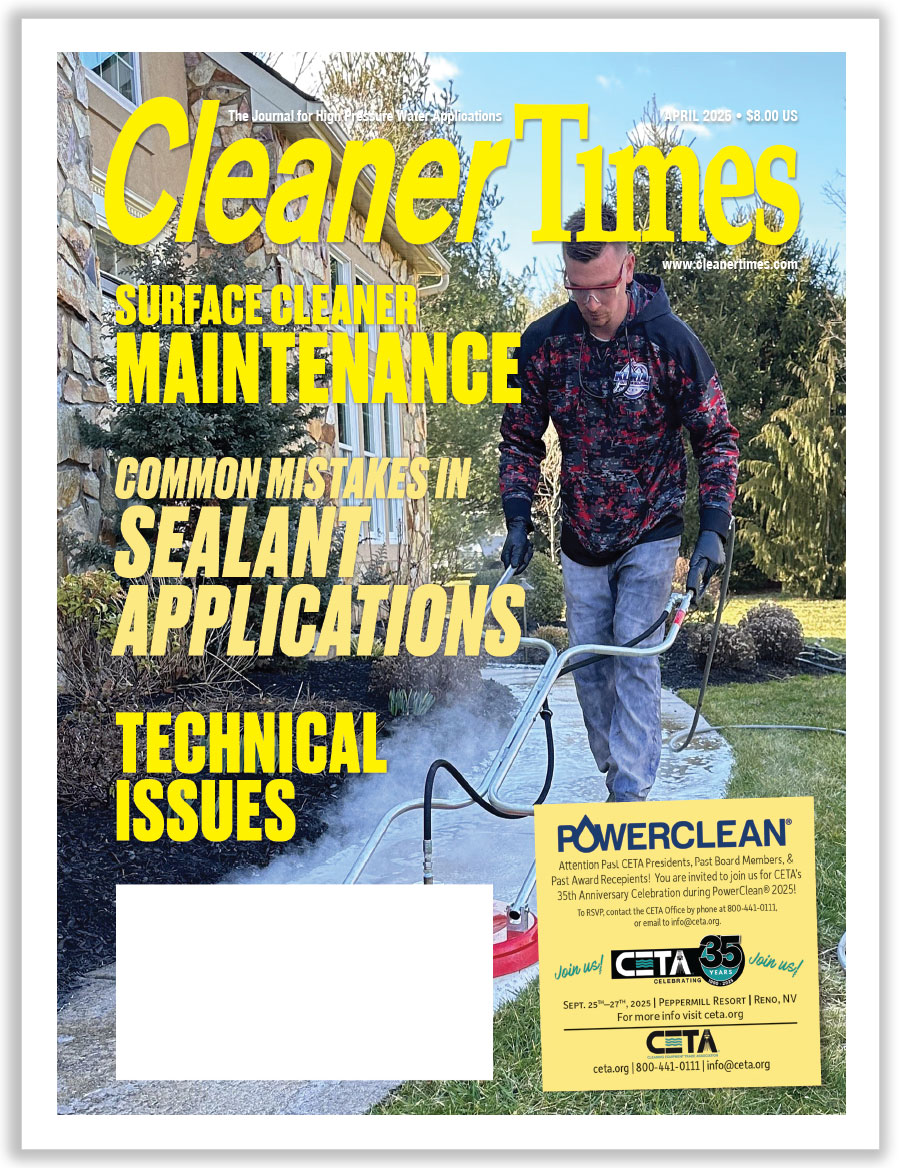
The 10 Worst Things to Do on Service Calls
Published April 2015

Editor’s Note: Charlie Greer understands service work, he understands people, and he is a good communicator. This valuable article appeared in Contractor magazine, which serves the HVAC industry, and is reprinted with permission.
Here are 10 common mistakes service techs make and how to avoid them:
1. Losing control of the call.
You can lose control when the customer has too many questions. When the call starts turning into an interrogation, start coming up with questions of your own and you’ll regain control.
Sometimes they start asking questions because you seem unsure of yourself. Always act calm and confident. Never say anything like, “I’ve never seen that happen before.”
2. Speaking before thinking.
Avoid the urge to make an immediate comment on the first problem you discover, or they’ll want you to stop your inspection and start talking money right away. If you have to correct yourself once you’ve completed the diagnostic, you’ll damage your credibility. Always do a complete inspection and, when possible, go to your truck or some other quiet place to determine prices, parts availability, and how you’re going to present your recommendations before offering any opinions.
3. Appearing anxious to find serious problems and being glad when you do.
I’ve seen service techs that just can’t hide their excitement when they discover a serious (and expensive) problem. Take a lesson from surgeons, dentists, and funeral directors who, although their customers’ problems make them a ton of money, come across as being terribly sorry about the entire situation. (Then they quietly excuse themselves; go into their office, do a fist pump and say, Yessss!)
4. Being confrontational, argumentative, or defensive.
Sometimes, after being quoted a price, a customer can become insulting. They’re usually just blowing off a little steam, or they’re checking your reaction to see if you’ll reduce your price.
A nice, calming response I’ve used is, “I know it’s a lot of money, and I’m sorry this has happened to you. On the bright side, once I’m done, it will be running a lot better than it has in a long time. And if you keep it maintained, you can avoid a lot of expenses like this in the future.”
5. Talking too much.
Most service techs talk too much, and a lot of what they say is repetitive. Have you ever had someone chattering in your ear while you’re trying to make a decision? Once you’ve made your point, every time you repeat your point, you lose a point.
6. Exaggerating.
Be careful about overstating any claims regarding such things as reduced operating costs, warranties, or sound levels. Instead, use the understatement. For instance, when touting the benefits of maintenance agreements, don’t declare, “This will completely eliminate breakdowns.” Instead, say, “While this won’t completely eliminate breakdowns, it will greatly reduce their likelihood.”
7. Criticizing anything —
A competitor, another service tech, or the customer’s old equipment. People have trouble trusting others, and sometimes they don’t even trust their own ability to make the right decision. If a customer has made a wrong decision in the past by trusting another company or service tech, don’t harp on it. If anything, sympathize with them. Tell them you can see why they made their previous decision, but that you will take care of it now. Be reassuring.
8. Pre-judge a customer’s desire to have the job done right.
Some techs only quote the cheapest way out because they feel the customer either doesn’t have the money or won’t spend the money to have the job done right. Recommend only the proper way of fixing things the way you’d want it done if it was your own home—and you won’t go wrong.
9. Raising your price after starting a job.
That’s called “hidden charges.” If you raise the bill on a customer after you’ve already reached an agreement on price, you’re (at minimum) incompetent or (at worst) a con artist. If you’re uncertain about a price, quote a “worst case scenario” as a “not-to-exceed” price. When your final bill is a little lower than your “not-to-exceed” price, you’re a hero.
10. Being impatient.
Bear in mind that, when we show up, our customers are having a bad day. When they’re a little unfriendly, irritable, or rude, don’t take it personally and react emotionally to it. Additionally, all the numbers, options, and terminology we use on a daily basis are new, unusual, and confusing to our customers.
When things go wrong, they don’t like you, or you become troubled by something that happens during a service call, find a quiet spot somewhere and say to yourself, “I will not allow anything that has already happened on this call to have any negative effect on the outcome of this call,” and go back to work. You’ll be surprised. The customer may come around the corner with an entirely different attitude.
Make everything you do on your calls something you can feel proud of, and you can’t go wrong.
Charlie Greer is a service tech and a sales trainer. For information, visit www.charliegreer.com.




